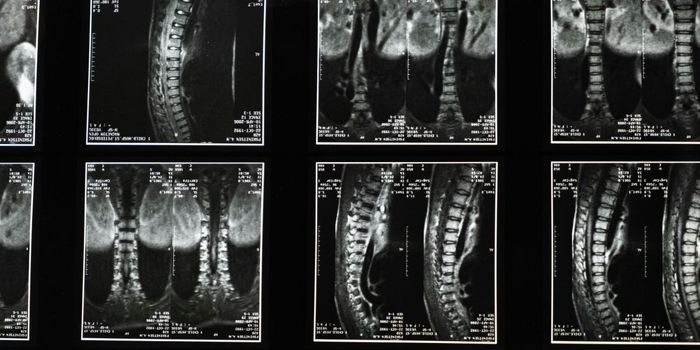The Positive Association of Weight and Blood Pressure
Worldwide, elevated blood pressure causes over 7 million deaths, with a prevalence of around 40% in adults aged 25 and over. Another major public health crisis around the world is obesity, with rates tripling since 1975. More than 1.9 billion adults are overweight, with 650 million of these individuals being obese. A recent study published in the Journal of the American Medical Association (JAMA) Network Open examined the relationship between body mass index and prevalence of hypertension and cardiovascular events in different groups of people.
Body Mass Index (BMI) is a person’s weight in kilograms divided by the square of height in meters. A higher BMI can indicate high body fatness, individuals with a BMI between 25-30 are considered overweight while 30 or higher is considered obese. Previous studies show that BMI is positively associated with blood pressure, with weight loss significantly reducing blood pressure. As BMI continues to increase in an individual’s blood pressure will continue to increase as a challenge. In areas where hypertension (high blood pressure) are common, and obesity is on the rise, understanding the association between blood pressure and BMI is vital to public health. While previous studies have looked at simple stratifications of demographic characteristics further study of groups defined by age, sex, race, geography, occupation and other essential factors are necessary.
The recent study published by researchers at the Yale Center for Outcomes Research and Evaluation (CORE) and conducted in collaboration with Chinese researchers sought to determine how increasing BMI affects the prevalence of hypertension in different groups of people in China. The study used data from 1.7 million participants from the China-PEACE (Patient-Centered Evaluative Assessment of Cardiac Events) Million Persons Project to assess the association between BMI and blood pressure across a wide variety of subgroups. Participants blood pressure was recorded from September 2014 through June 2017 and results analyzed based on sex, age, race, geography, occupation, and other characteristics such as the use of antihypertensive medication.
The study showed that individuals not taking antihypertensive medication showed an increase of 0.8 to 1.7 mm Hg in blood pressure per additional unit of body mass index. The overall mean of the population was a 24.7 BMI and systolic blood pressure of 136.5, which indicates stage I hypertension based on American Heart Association Guidelines. These results suggest an association between the two in a country that already has high blood pressure affecting one-third of the population and number of obese individuals increasing, with the expectation for it to triple in men and double in women.
The research is an eye-opening discovery emphasizing the importance of addressing these risk factors now. Healthcare systems can work to resolve this by managing high blood pressure earlier on with antihypertensive drugs as well as more frequently. Use of antihypertensive drugs has been proven to be effective based on the widespread and successful use in the United States for blood pressure management. "If trends in overweight and obesity continue in China, the implication of our study is that hypertension, already a major risk factor, is likely to become even more important," said Harlan Krumholz, M.D., the Harold H. Hines, Jr. Professor of Cardiology, director of the CORE, and senior author on the study. "This paper is ringing the bell that the time is now to focus on these risk factors."
To Learn more about body mass index, what it is, and some of the downfalls of relying on it as a health measure watch the video below!
Sources: World Health Organization, Center for Disease Control, JAMA Network Open










